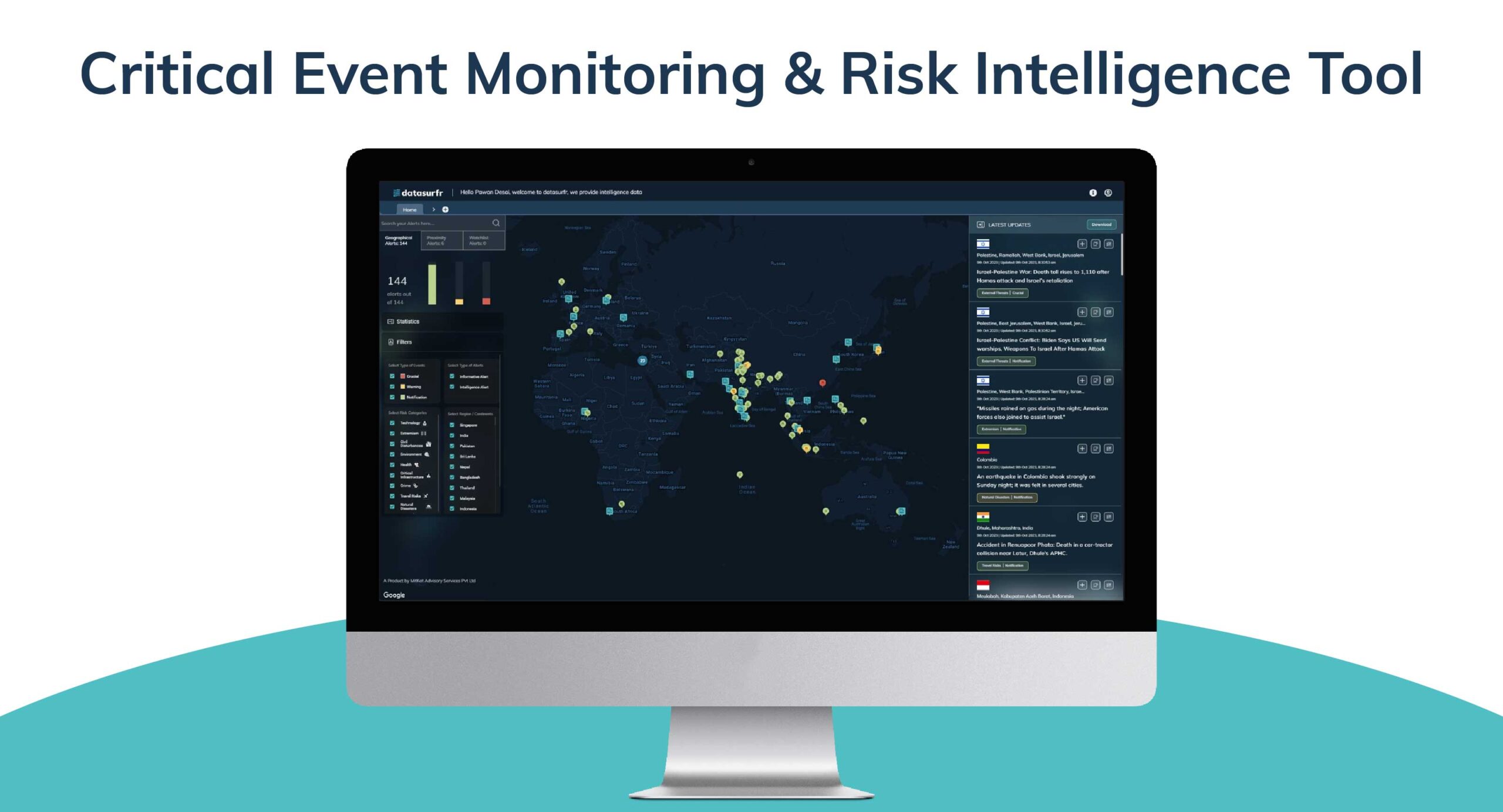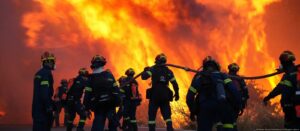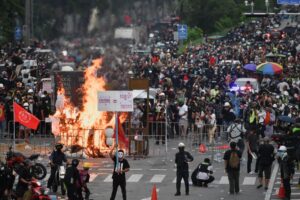Affected Locations: South Africa
What:
The seventh general elections for South Africa took place on 29th May. 27.79 million South Africans were registered to vote in the elections termed the most ‘pivotal’ since the end of the apartheid. Seventy political parties and eleven independents are competing for the seats in the parliament.
Why:
The elections aim to elect members of the National Assembly and nine provincial legislatures. The lower house of the parliament is represented by 400 members and the seats are allocated proportionally based on the number of votes received. South Africans do not directly vote for the president; instead, the National Assembly members elect the president by a simple majority.
So What:
- Nine polling stations in the Eastern Cape were blocked due to community demonstrations over service delivery issues. Residents in the Lower Zingcuka village, Keiskammahoek, blocked the way to voting stations due to an unresolved land claim issue.
- The first results from around 16 percent of voting districts indicate that the African National Congress (ANC) is leading with around 43 percent, followed by the Democratic Alliance (DA) with around 26 percent. The uMkhonto weSizwe (MK) and Economic Freedom Fighters (EFF) parties have both received around 8 percent of votes so far.
- The final results are likely to be announced by the Electoral Commission of South Africa (Independent Electoral Commission or IEC) on 02nd June.
Outlook:
South Africa has faced major issues, including high unemployment, an increase in crime rates, corruption scandals, frequent power cuts, and water shortages till now. Reportedly, the ANC is at risk of losing its majority in the parliament due to the same. In the case of a non-majority, the ANC would likely have to negotiate with opposition parties and independent Members of Parliament (MPs) for a coalition if it has to remain in power. Further, the risk of further demonstrations cannot be ruled out until the results are known, and the situation will depend on the outcome. Security measures are also likely to persist within the country until the results are announced. Organizations are advised to remain updated on the developments and prepare necessary contingency plans.
The real-time updates provided by datasurfr™ aid organizations stay updated about risk events across different regions of interest. Leverage datasurfr™’s real-time alerts and risk reports to manage operational risks and form mitigation plans to safeguard your business assets and operations.






